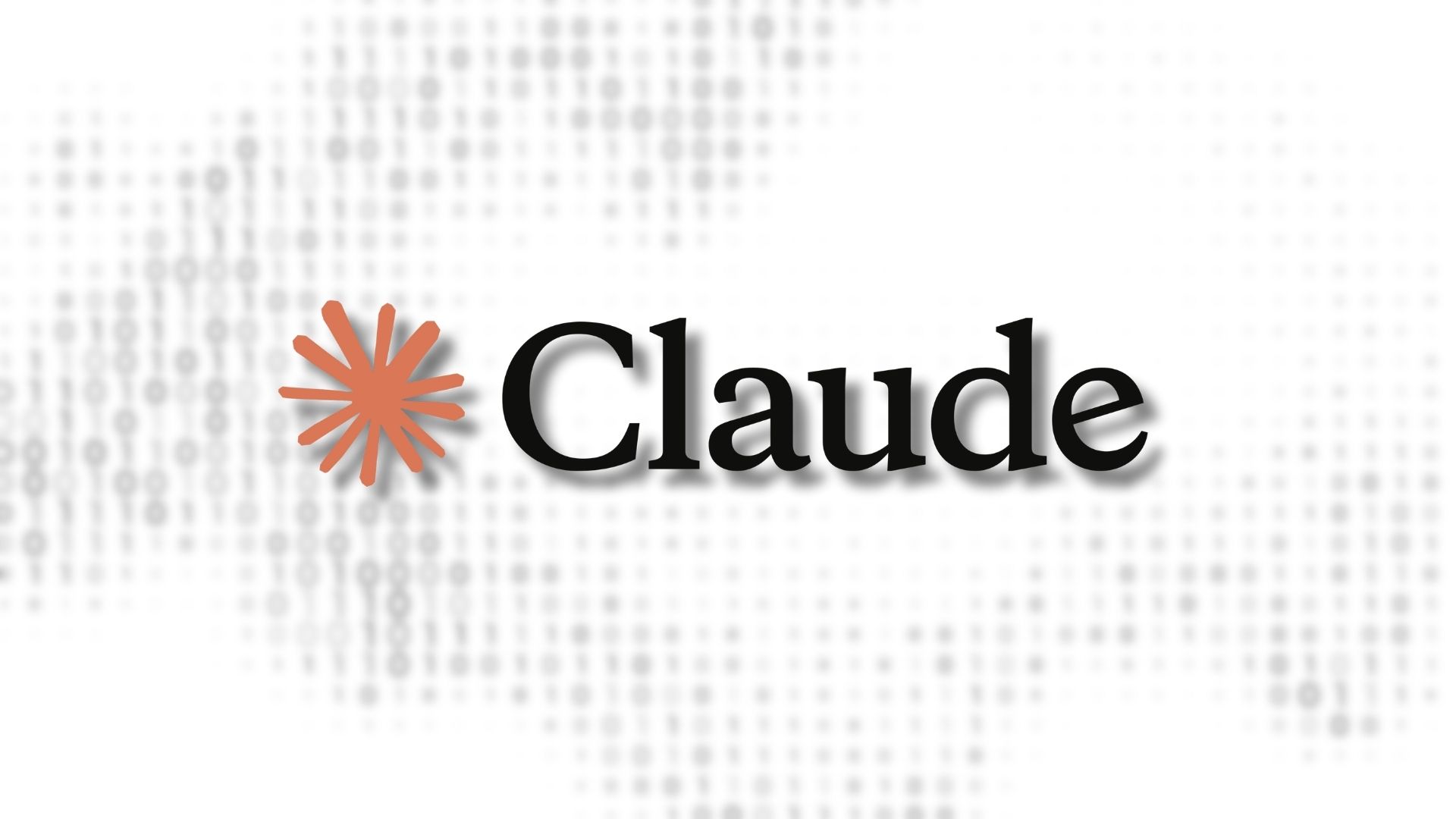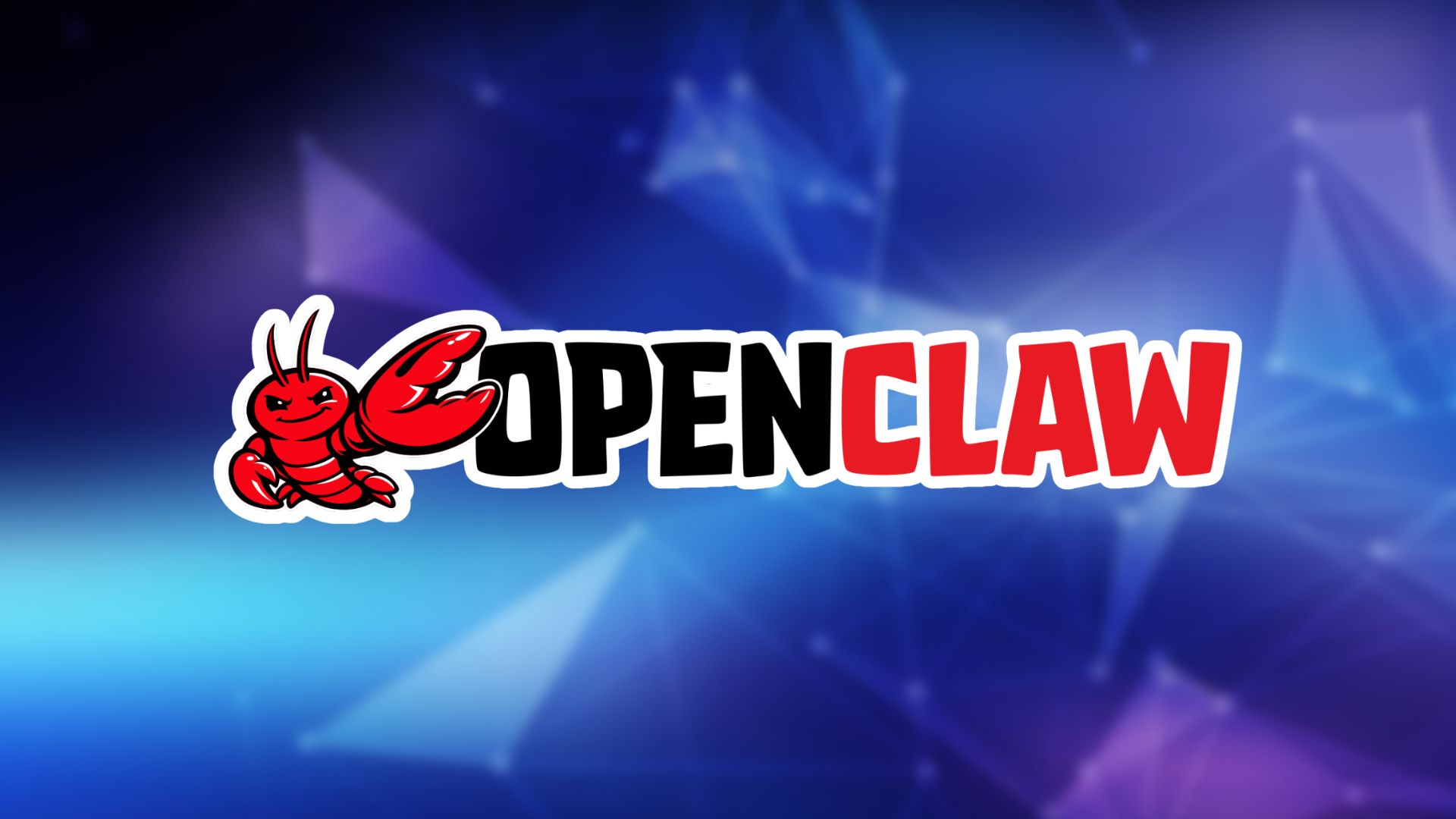Thailand has published a draft public guidance document to help citizens use AI safely and responsibly. The ‘AI Guide for Citizens’ outlines key AI concepts, benefits, limitations, and practical examples for users engaging with generative AI tools.
Data safety is a central focus, with officials warning against entering personal identifiers, financial data, confidential information, or government secrets into public AI platforms.
The guide also details technical risks such as AI’ hallucinations,’ prompt injection, and data poisoning, advising users to verify outputs and treat AI as a support tool rather than a decision maker.
The guidance addresses ethical and legal responsibilities, warning against using AI to generate misinformation, deepfakes, or harmful content. It emphasises fairness and bias, noting AI systems can inherit human prejudices from training data.
Citizens encountering AI-related scams or harmful content are advised to collect evidence, report incidents to cybercrime authorities, and contact Thailand’s personal data protection agency if privacy is compromised.
The draft aligns Thailand’s AI policies with national rules and international standards, including ISO governance principles and the EU AI Act. The initiative aims to boost AI literacy and safeguards as AI becomes more integrated into daily life.
Would you like to learn more about AI, tech and digital diplomacy? If so, ask our Diplo chatbot!










